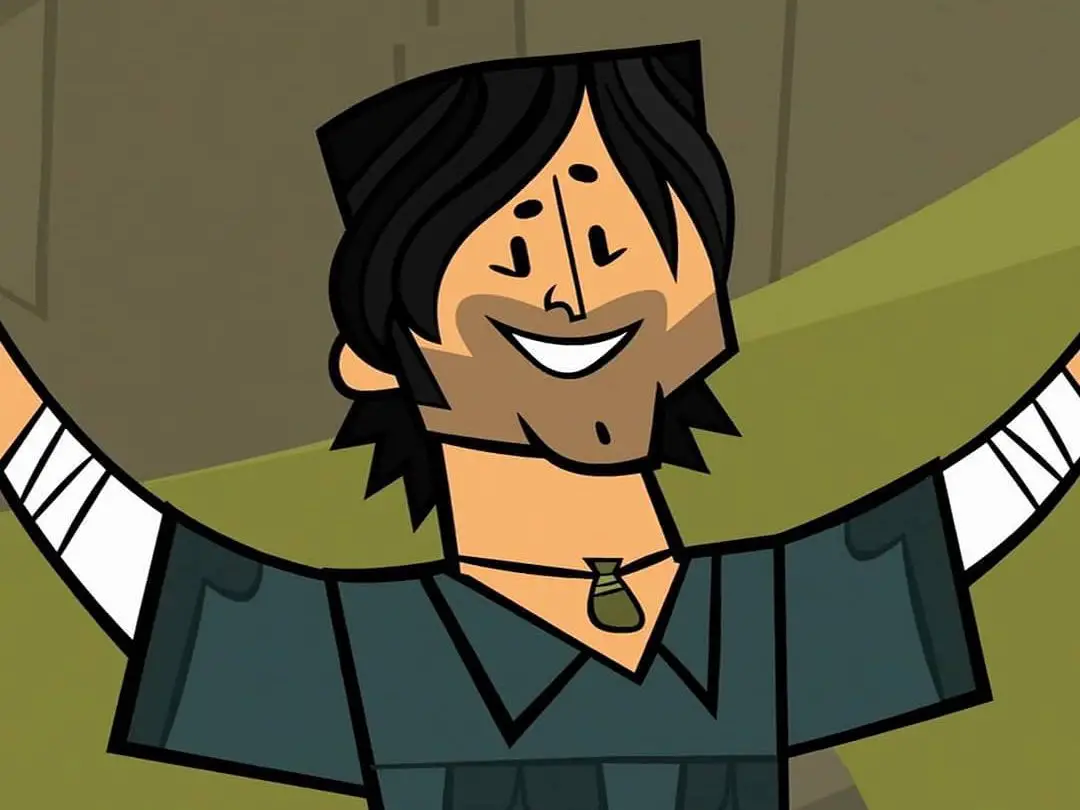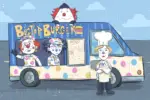Let’s examine a recent, all-too-familiar scene. You are sitting on your couch, unable or unwilling to go outside for fear of the coronavirus germs that have forced everyone into isolation. Bored to the point of devastation, you rack your brain for something to do. You’ve seen all of the buzzworthy TV shows like “Game of Thrones” and “Riverdale.” But TV seems like the only feasible option right now, so you reach for the remote anyway. After a few minutes of scrolling aimlessly, you remember “Total Drama,” an old cartoon comedy favorite from your childhood. Smiling, you type the title into the search bar and spend a few blissful hours immersed in its wacky world.
As media in America becomes increasingly scrutinized through the lens of political correctness, it’s difficult for comedy to withstand the test of time. Rewatching shows from a mere five years ago will often reveal jokes rife with homophobia, transphobia, racism and misogyny.
However, some shows and movies endure, with a comedic value that is simple yet funny for viewers of all ages. One such show is “Total Drama.” The comedy of the show doesn’t rely on cultural context or shock value for entertainment. Instead, it places young cartoon characters with varied personalities on a reality show and lets the jokes write themselves.
“Total Drama” is a Canadian show that first aired in 2007 and ran until 2014. It is a parody of the hit reality series “Survivor,” where people compete for a large sum of money by completing challenges and voting one player off the show at the end of each week.
The only difference between the two shows is that competitors on “Total Drama” are animated, and therefore not real people. Yet the thrill of watching skill or endurance-based challenges remains, as well as the cutthroat style of play in which people form alliances and vote off their friends and even lovers.
The first season of “Total Drama” takes place on an island, hence the original name “Total Drama Island.” The first episode introduces the cast of characters, which then remains generally the same for the duration of the show’s five seasons.
A big part of what makes the show so funny is the characters, many of whom have opposite personalities. For instance, there is Duncan, a delinquent sporting a green mohawk who clashes with Courtney, a type-A bossy-pants who loves order and being in charge. Each character has a definitive personality type with a fully developed backstory.
Furthermore, the characters on the show are quite diverse, as every skin color in existence is represented. There are also bodies of all shapes and sizes, and despite all of this, none of the characters seem to be aware that they look like a walking diversity pamphlet. Although the one Black woman on the show does fall into the “loud and sassy” stereotype, all other character designs steer clear of cliches. Each character is different and lovable in their own way.
As with “Survivor,” watching the show guarantees that you will grow to appreciate some characters more than others, and you’ll eventually pick a favorite to root for. My personal favorite characters are Gwen, a punk-rock loner, and Lindsay, the sweet and well-intentioned airhead.
It is endlessly entertaining to watch them grow, form relationships, fall out of relationships and strive to achieve their goal of winning the prize money. Unlike many other cartoon series, all of the events that transpire in the show are entirely realistic, aside from the characters’ durability. The players get thrown off of cliffs, attacked by bears and poisoned, but everyone comes out alive.
Another aspect of the show that sets it apart from other comedy or cartoon series is the frequent breaking of the fourth wall. Each character speaks directly to the camera, reflecting upon the events that transpire and revealing secrets.
There are also many funny scenes in which the “camera crew” extends an arm in front of the “camera” to grab a pizza box or wave hello. The characters regularly reference the camera’s presence, and the host of the competition, Chris, frequently mentions “pre-production interns.” These details create the sense that the show is thorough, and it also allows viewers to forget that it’s anything other than 100% real.
It is no coincidence that the show feels real because the producers and writers extensively studied what teenagers did and did not like about reality TV when creating the series. The result is a lack of boring characters and an abundance of satisfying scenes.
If you find yourself hoping that two characters will end up together, or that one character will get revenge on another, chances are that is exactly what will happen. Yet the show is far from predictable; each season’s winners seem to come completely out of nowhere in the best way. There is never a clear underdog or champion because each character has many major flaws and strengths.
While many older TV shows contain problematic content or are simply not funny anymore, “Total Drama” retains all of its former comedic flair. With characters that are as likable as they are different, anyone watching will be able to identify with at least one competitor on the animated survival series.
Exaggerated cutscenes and consistent fourth wall breaks make the show exciting. And the promise of prize money at the end keeps the players as well as the audience enchanted. When searching for a lazy afternoon activity, as many are during this seemingly-endless pandemic, “Total Drama” is the perfect cocktail of funny and thrilling to keep you clicking “play next episode.”

















